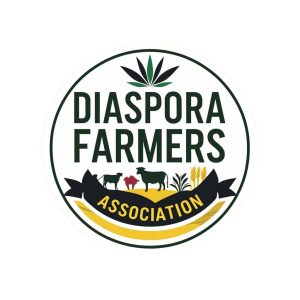GET READY FOR SOMETHING BIG - UPCOMING PARTNERSHIP
Get ready for something big! We are thrilled to announce an exciting new partnership is coming soon. By joining forces with a like-minded leader, we're about to unlock new possibilities and deliver even greater value to you. Stay tuned for the big reveal! This is more than just a partnership; it's a commitment to a brighter, more innovative future for our community

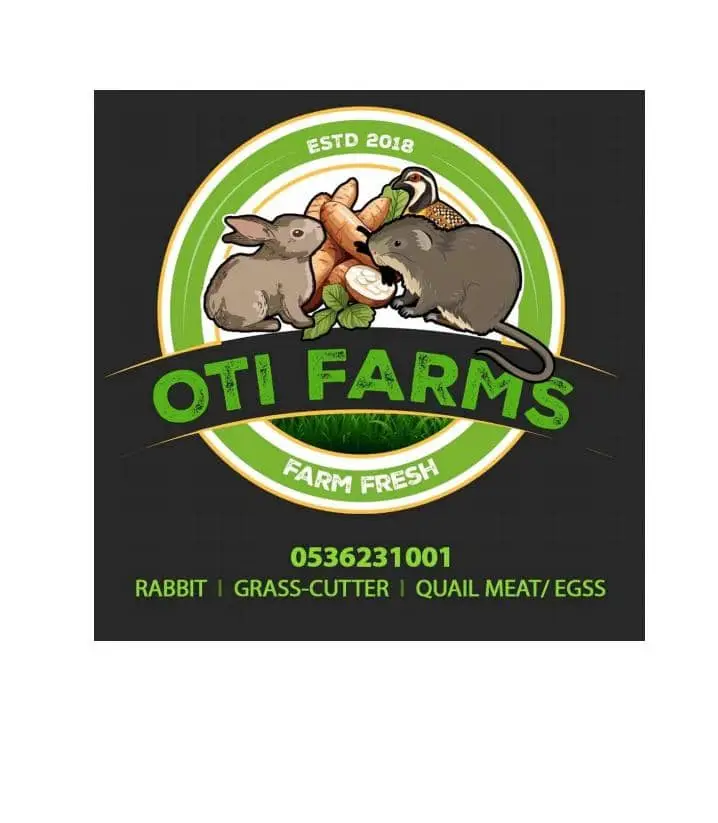

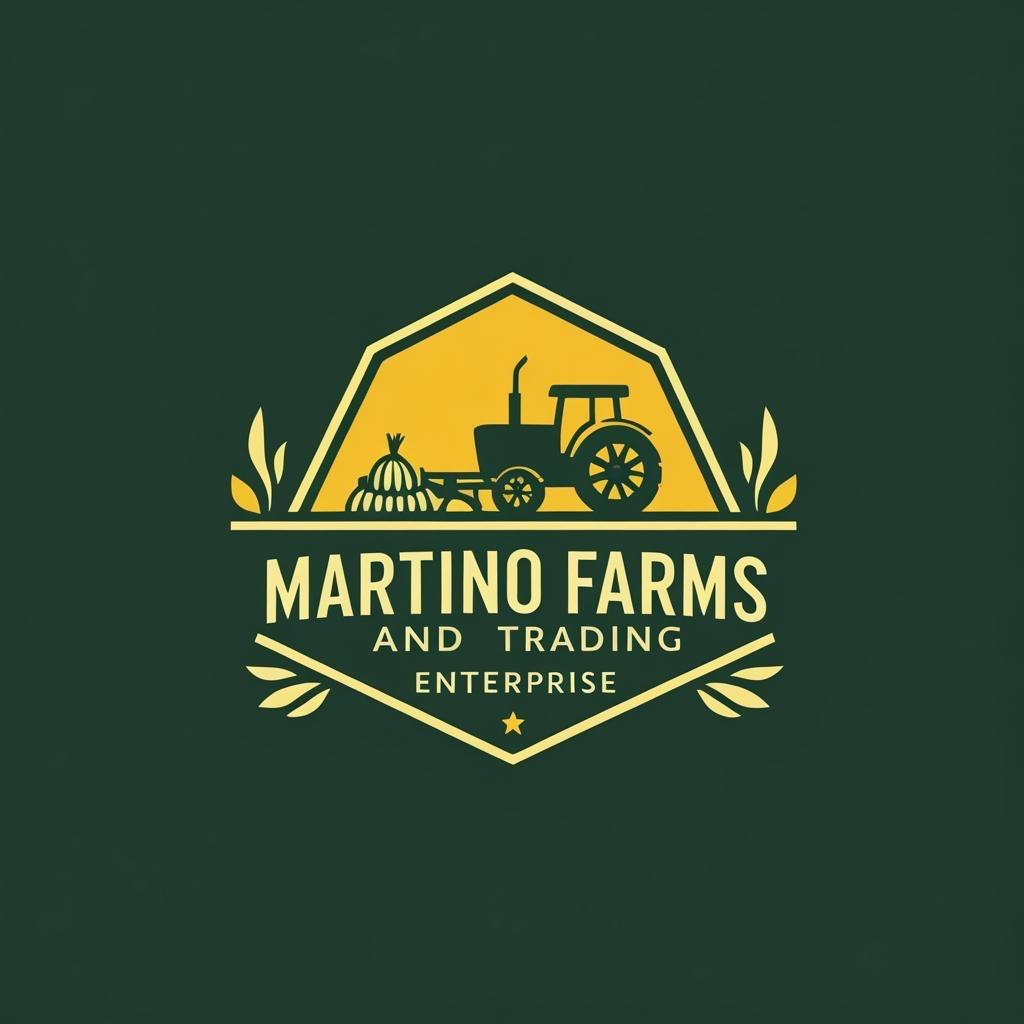
Joining the membership team is a powerful way to create tangible change.
For a Diaspora Farmers Association (DFA), operating alone often means limited resources, market vulnerability, and little influence over policies that affect them. Collaboration transforms this isolation into a powerful synergy. By strategically partnering with different types of organizations, an FA can unlock a multiplier effect that boosts productivity, profitability, and sustainability for all its members.

Collaboration with the Government
This partnership is about creating an enabling environment, aligning with national priorities, and achieving scale: Diasporan farmers often have experience with advanced agricultural technologies, efficient land management, and international standards. The government can create incentives (e.g., tax breaks, land leasing agreements) to encourage them to invest this knowledge and capital back home. This transfers modern skills to local farmers far more effectively than theoretical training. They can help meet national export goals by leveraging their understanding of international market demands (in their host country) to guide production in the home country towards high-value, export-ready crops.

Collaboration with NGOs (Both International and Local)
Diasporan farmers understand the local social fabric, traditions, and potential barriers to change. They can work with NGOs to design training programs, new techniques, or cooperative models that are culturally appropriate and therefore more readily adopted by local farmers. Collaborations can focus beyond farming. An NGO might partner with the association on projects integrating clean water, women's empowerment in agriculture, or youth training, with the association ensuring these projects align with the community's long-term vision, not just short-term needs.

Collaboration with Private Institutions (Domestic and Multinational)
This is the most significant benefit. Diasporan farmers have direct access to niche markets in their host countries—ethnic food stores, high-end restaurants, and consumers seeking authentic "origin" products. They can secure contracts and premium prices that are inaccessible to individual local farmers. They understand the stringent phytosanitary, packaging, and labeling requirements of foreign markets. They can work with local private processors and exporters to ensure products meet these standards, reducing rejections and building a reputation for quality.
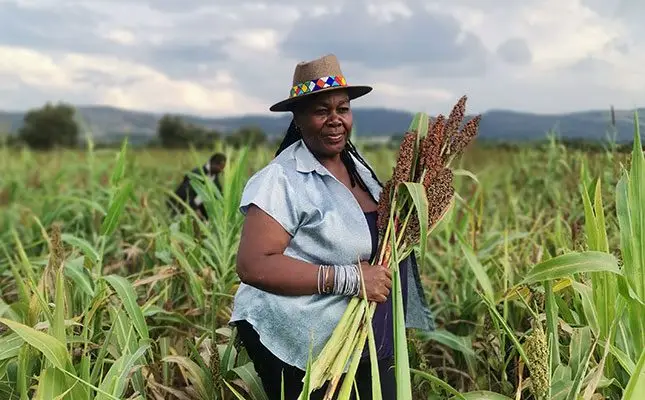
Crop Improvement and Revival of Indigenous Species
Preservation and Valorization: The diaspora often has a strong interest in preserving cultural heritage foods. This collaboration can scientifically document, catalog, and improve these crops, turning them from "subsistence plants" into commercially viable "superfoods" or niche products for the international market. Example: A diaspora group from West Africa could partner with an institution to develop a disease-resistant, high-yielding variety of a native grain Rice making it more attractive for large-scale cultivation and export.
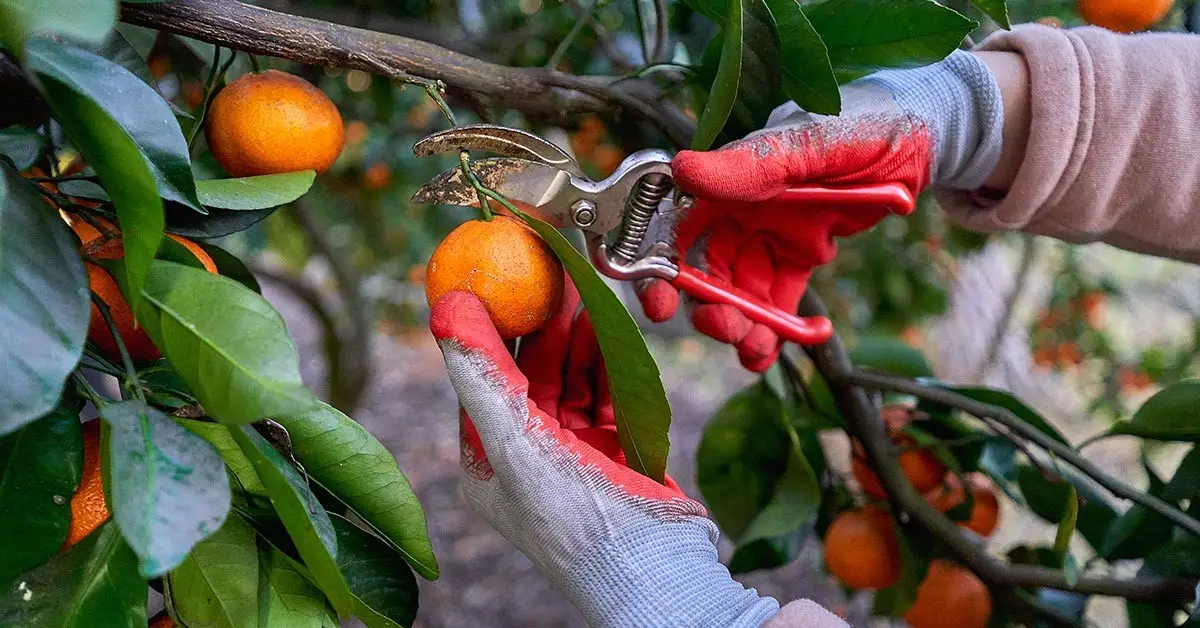
Post-Harvest Technology and Reduction of Food Waste
Together with the Research institutions we can design and prototype low-cost, energy-efficient technologies for drying, milling, cold storage, and packaging that are suitable for the specific infrastructure and economic context of the home country. Together with the Research institutions we can develop novel processing techniques to turn raw produce into stable, higher-value products (e.g., turning fruits into powders, juices, or dried snacks, extracting oils from seeds). This is directly aligned with the diaspora's goal of accessing premium markets.
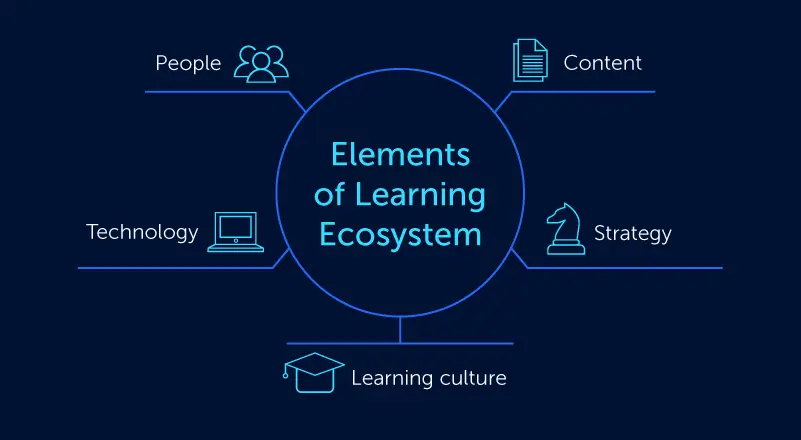
Capacity Building and Creating a Knowledge Ecosystem
The partnership can facilitate student exchange programs, internships, and joint research projects. Young scientists from the home country can work on real-world problems, and local farmers can be trained as extension agents. A long-term goal could be to establish a specialized research center in the home country focused on the priority crops identified by the diaspora, ensuring sustainable local research capacity.
